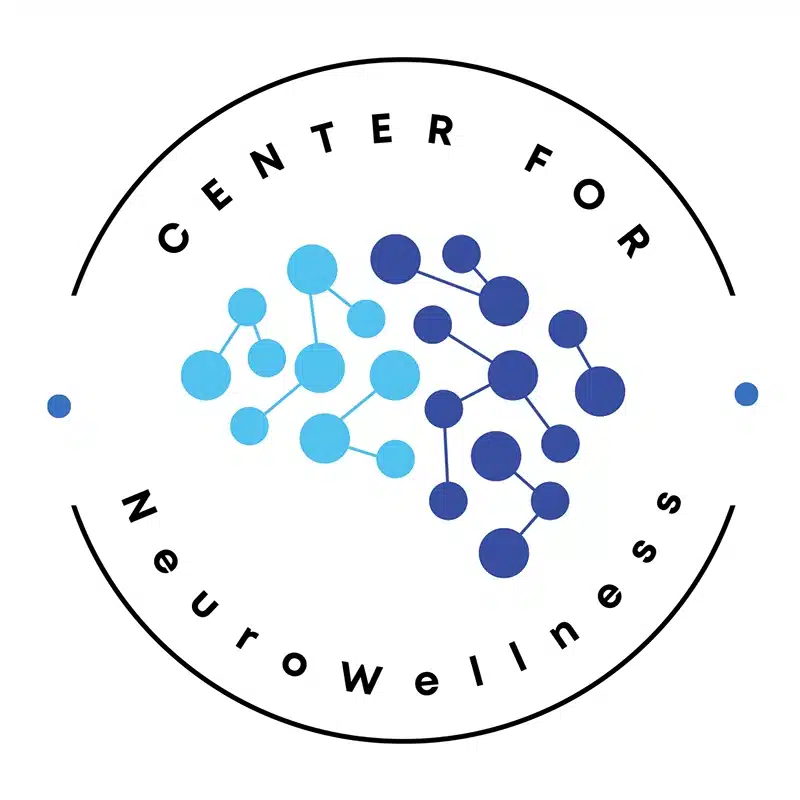Concussion Management
Dr. Kristine Keane is partnered with Hackensack Meridian Medical Center and Rehabilitation Center in providing comprehensive concussion management and treatment services. She is currently the Clinical Director of the Hackensack Meridian Neuroscience Concussion Program which services children, adolescents, and adults. Individuals who have sustained a concussion are initially evaluated within 24 to 48 hours and undergo a comprehensive assessment of their head injury and treatment plan which commonly includes:
- Clinical Interview
- Neurocognitive Testing
- Visual Ocular Motor Screening
- Balance Assessment
- Return to School/Academic Accommodations
- Return to Play Decisions
- Return to Work/Occupational Accommodations
- Referrals to Physical Therapy, Vestibular Therapy, and Vision Therapy
- Cognitive Rehabilitation
- Cognitive Behavioral Therapy
- Biofeedback therapy

What is a concussion?
A concussion is a brain injury, and it is the most common form of head injury for athletes. It is defined as a temporary alteration in the mental state, which is caused by a bump, blow, or jolt to the head or body. To have a concussion does not necessarily mean losing consciousness or hitting one’s head. The cumulative effects of a repeated concussion can result in permanent intellectual and cognitive changes.
Signs Observed by Parents and Coaches
| Symptoms Reported by the Athlete
|
What to do if you suspect an athlete has a concussion?
Keep the athlete out of play
The brain needs time to heal and a repeat concussion that occurs before the brain can heal may result in slower recovery or increased likelihood of long-term problems.
Seek medical attention right away
Health care professionals, such as neuropsychologists, are experienced in the evaluation and diagnosis of a concussion. They can determine how serious a concussion is and when it is safe for the athlete to return to sports and/or academics.
How to manage a concussion?
It is important for the injured athlete to avoid physical contact while symptomatic. The athlete may also need cognitive rest. If going to school, using a computer, playing video games, and/or watching television aggravate the athlete’s symptoms then it is important that these activities are limited or suspended until symptoms subside.
Neuropsychological Baseline and Concussion Testing
Dr. Kristine Keane provides baseline and post-injury testing utilizing ImPact testing. ImPact (Immediate Post-Concussion Assessment and Cognitive Testing) is a computerized concussion testing system that aids practitioners in making a return to play decisions. ImPACT is the first, most widely used, and validated computerized concussion evaluation system. ImPACT was developed to provide useful information to assist qualified practitioners in making sound return to play decisions following concussions.
Given the inherent complexities of concussion management, it is important to manage concussions on an individualized basis and to implement baseline testing and/or post-injury neurocognitive testing whenever possible. Neurocognitive assessment can help to objectively evaluate the concussed athlete’s post-injury condition and track recovery for a safe return to play, thus preventing the cumulative effects of concussion. In fact, neurocognitive testing has been called the “cornerstone” of proper concussion management by an international panel of sports medicine experts.
Paper and Pencil Neurocognitive Testing
Sometimes, a student’s symptoms or previous learning difficulties inhibit their ability to take computerized neurocognitive tests. In these cases, Dr. Keane administers brief, one-hour, pencil and paper examinations that assess cognitive functions like those measured on traditional computerized tests such as verbal and visual memory, visual processing speed, and reaction time. Dr. Keane may need to review previous school-based psychological testing, 504 plans, and or IEP plans, to create a comprehensive concussion management plan or to make an accurate return to play decisions.
Return to Play
Neuropsychologists determine when the athlete can return to his/her sports activities in coordination with their pediatrician, school physician, or sports medicine physician. Once an athlete is symptom-free, and neurocognitive, vestibular, and ocular motor testing are within a normal range, the athlete is cleared to begin a return to play protocol with their school athletic trainer or a physical therapist who specialized in concussion. Athletes do not return to sports until they are fully able to return to their usual academic activity and schedule.
Return to Learn
Neuropsychologists utilize post-injury data to make academic recommendations for returning to school and/or academic coursework following a concussion. Until an athlete is symptom-free, he or she may be recommended to be given classroom accommodations such as reduced workload, frequent breaks, or reduced classroom time. Individual educational plans are created based upon the post-injury clinical interview and objective testing. They are provided to the athlete’s coach, guidance counselor, and pediatrician. Students who have a previously diagnosed learning disability or ADHD may be provided with additional accommodations relative to an existing 504 plan or IEP.
Treatment for Post-Concussion Syndrome (PCS)
Post-Concussion Syndrome is defined by persistent symptoms that occur beyond the window of usual recovery.
Center for Neurowellness concussion management and treatment options:
- Academic accommodations and support
- Cognitive retraining/rehabilitation
- Individual psychotherapy/counseling
- Biofeedback therapy
Playing sports is important to athletes of all ages and being part of a team is often more than just a game. Playing sports fosters a sense of commitment, social responsibility, belonging, and personal development. However, sports must be played safely, and management of concussions is the cornerstone of safe play.


